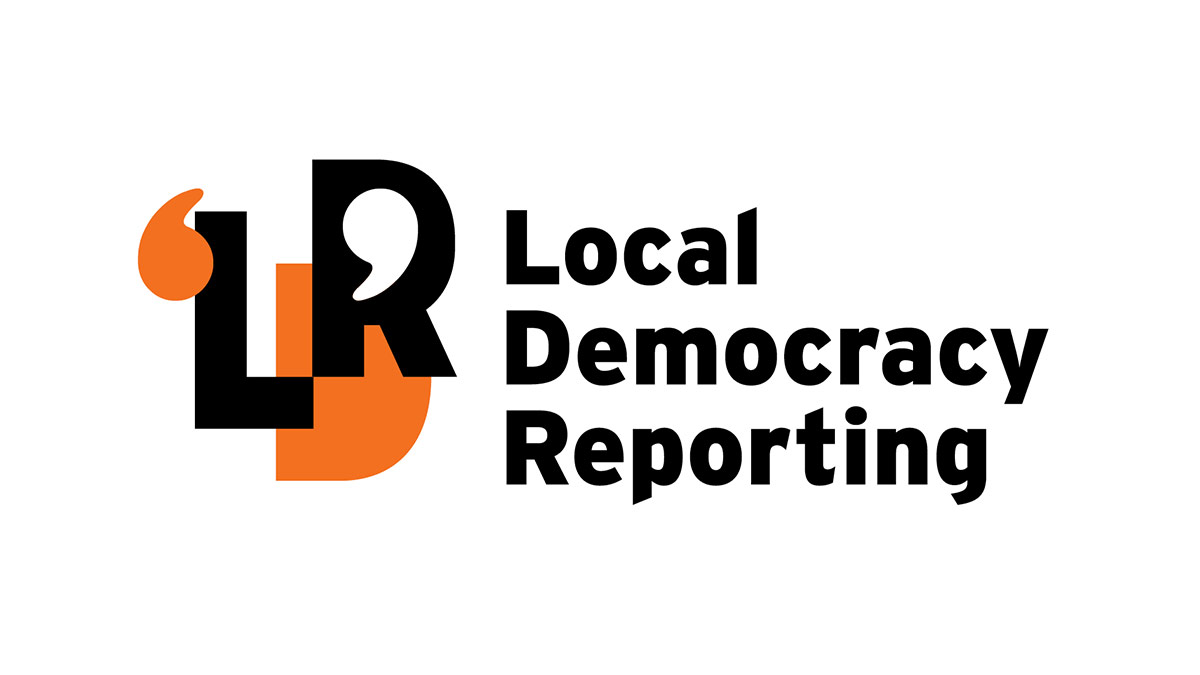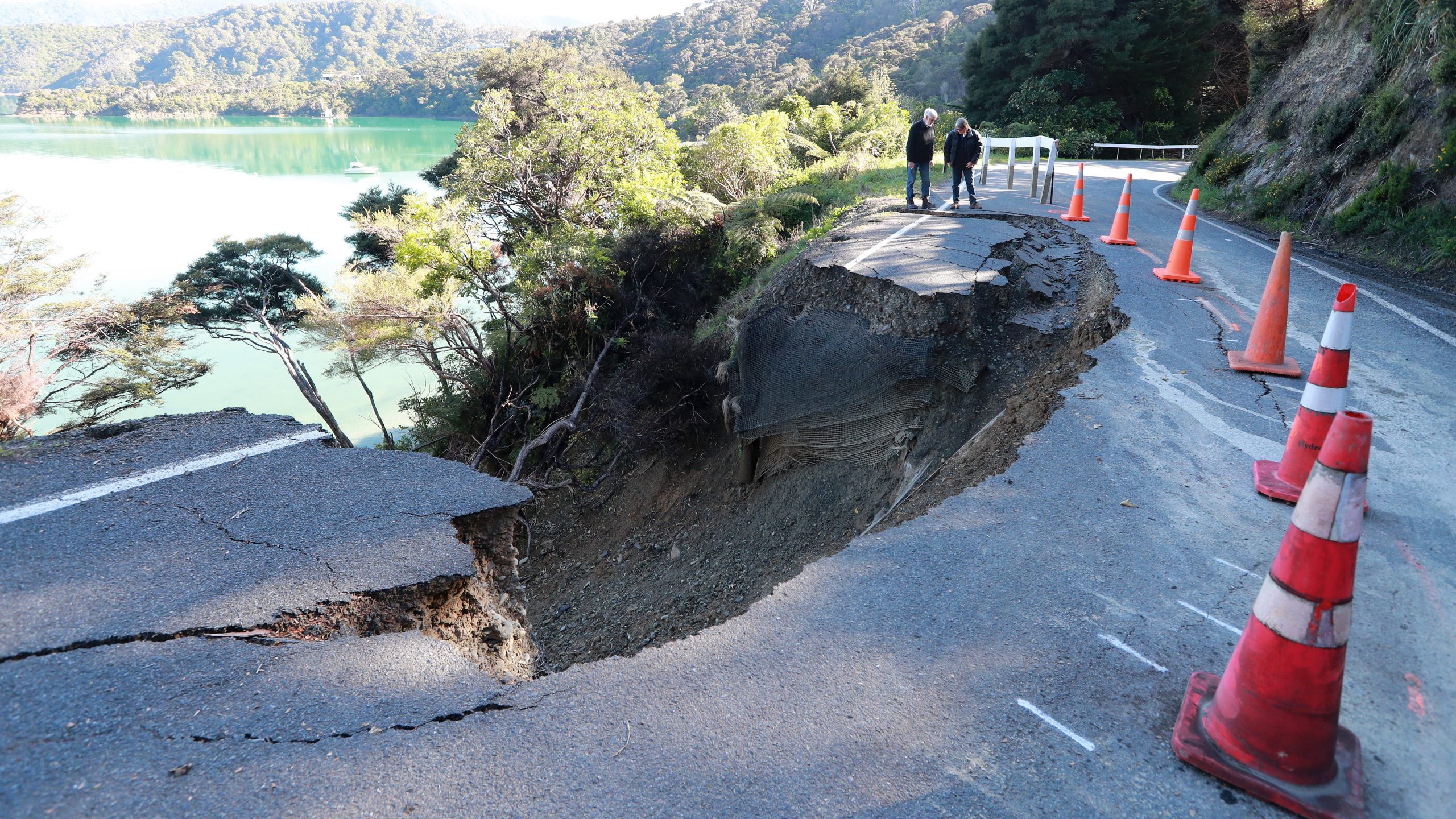The stadium comeback in the Marlborough Sounds roads debate


Kenepuru Rd has the largest repair bill. SUPPLIED: STUFF
An example of targeted rates is Stadium 2000, says a council finance manager.
Martin Fletcher was asked to give an example of targeted rates on a Zoom call last week, off the back of the Marlborough District Council’s proposal to rebuild the Sounds roads.
The Zoom was part of wider drop-in community meetings held across Marlborough last week, with two still to take place this week.
Fletcher, the council’s manager of strategic finance, explained that rural Marlborough Sounds residents paid a significantly smaller “uniform charge” for the stadium, compared to the likes of Blenheim, and even Picton.

“I think it gives an indication of how council uses weighting to try and give a fair result that matches who pays, and who has the potential to benefit,” he said.
The council endorsed its preferred rebuild option for the Sounds roads at a meeting in February, after they were badly damaged in storm events in July 2021 and August 2022.
Repairs had been estimated at $230 million, with about $104m to be covered by Marlborough ratepayers. The New Zealand Transport Agency Waka Kotahi had signalled it would cover the rest.
The council proposed Sounds residents, excluding Havelock and Picton, cover about 30% of Marlborough’s bill.
Although, the rest of Marlborough would cover the other 70% because the Sounds had significantly fewer residents, their individual rates would increase the most.
In the Kenepuru Sound, where most of the work was needed, residents would pay an extra $1000, on average, on their rates by 2029.
Blenheim residents would pay an extra $195 by 2029, under the preferred option.

The option had been met with some concern, with Kenepuru residents calling the option “unbelievable” and “divisive”.
One argued it could set a “dangerous precedent”, but chief financial officer Geoff Blake said the council’s proposal was within legislation in the Local Government Act.
The act had a section on long-term plan funding that covered the “distribution of benefits” between the community and parts of the community, and “generating equity between generations” by spreading costs over extended periods, in this case 20 years.
Meanwhile, the council had signalled $33.5m would be needed for marine infrastructure improvements.
One of the questions that came through on the Zoom was from a Kenepuru home owner who asked if they were correct in thinking the marine option would be the priority, should there be another storm event.
Council chief executive Mark Wheeler said that would become an issue if there was another weather event in the next five years.
“At that point we would obviously have to assess what that would mean to council's finances,” Wheeler said.
“Also we'd have to take into account how much Waka Kotahi were prepared to reinvest in the roads at that point.”
The Zoom recording would be made available on the council’s website. Consultation on the Sounds road recovery plan is out for consultation s part of the 2024/34 long-term plan. Submissions are open until May 13.

